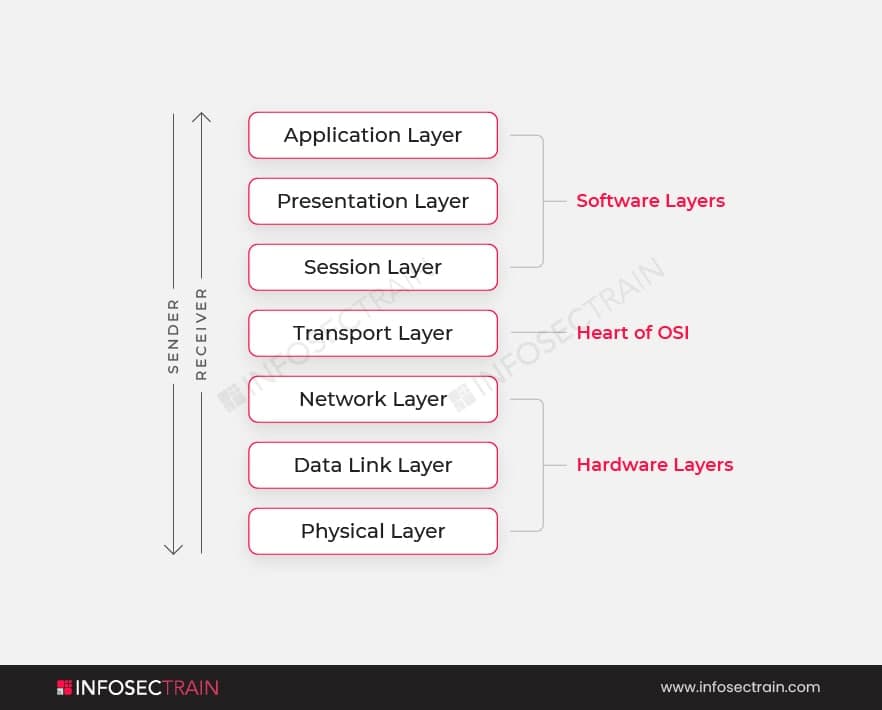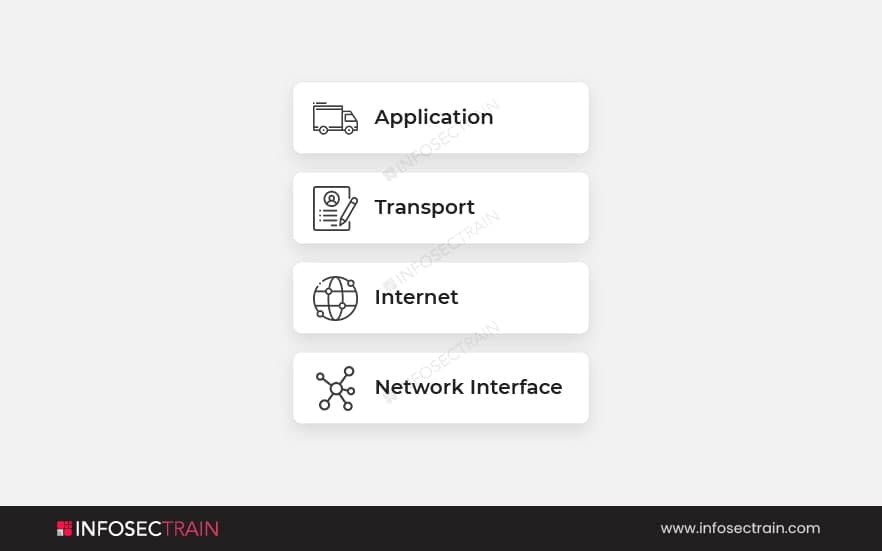Top Best Interview Questions of CompTIA Network+
CompTIA (Computing Technology Industry Association), one of the top certification providers in the market, offers the Network+ (Network Plus) certification exam. The CompTIA Network+ certification is highly beneficial in the IT industry. The CompTIA Network+ certification verifies your ability to build, manage, and troubleshoot networks across various platforms. Network+ (Network Plus) is an entry-level certification for network technicians.

In this technically advanced time, businesses require a professional, certified, and skilled network engineer who can develop strategies to improve their business model and keep up with their rivals. Those who want to succeed in the profession should obtain a CompTIA Network+ certification.
If you’re applying for a job as a network engineer, we’ve put up a list of the most generally asked CompTIA Network+ job interview questions for you to consider!
Network+ interview Questions
1. What is the OSI (Open System Interconnection) Model?
The International Organization for Standardization (ISO) developed the open systems interconnection (OSI) model, allowing different communication systems to communicate via standard protocols. It is made up of seven layers:
- Physical Layer
- Data Link Layer
- Network Layer
- Transport Layer
- Session Layer
- Presentation Layer
- Application Laye

2. Which protocol would be used to assign IP addresses automatically?
DHCP(Dynamic Host Configuration Protocol) is a network management protocol that assigns IP addresses to computers, servers, and printers. When our device cannot find a DHCP server, APIPA (Automatic Private IP Addressing) provides IP addresses for internal communication.
3. Which Are Some Open-Source Network Tools for Detecting Network Weak points?
Top Open-source vulnerability scanning tools are:
- Nmap
- Metasploit
- Nessus
- Wireshark
- OpenVAS
- Burpsuite
4. What is the example of some Routing Protocols?
- RIP (Routing Gateway Protocol)
- EIGRP (Enhanced Internet Gateway Routing Protocol)
- OSPF (Open Shortest Path First)
- EGP (External Gateway Protocol)
- BGP (Border Gateway Protocol)
5. What is the Subnet Mask?
Subnet Mask separates an IP address into two parts, the Network address and the host address. The subnet mask is a 32 bits address.
6. What is VPN?
VPN (Virtual Private Network) refers to creating a secure network connection when accessing public networks. Virtual Private Network (VPN) encrypts your network traffic through a virtual tunnel and hides your actual identity on the internet. VPN makes it harder to track your online activity.
7. What are the various methods for protecting a computer network?
This may be accomplished in several ways. Install an anti-virus application that is both trustworthy and up to date on all PCs. Ensure that firewalls are appropriately set up and configured. User authentication will also be very beneficial. When all of these factors are integrated, the result is a highly secure network.
8. How many Layers are in TCP/IP?
There are four layers in the TCP/IP model:
- Network Access/Link Layer
- Internet Layer
- Transport Layer/Host to Host
- Application Layer

9. What is a MAC address?
MAC stands for “Media Access Control.” MAC address is a unique address of a device, which helps to identify the device in the network. It’s also called the Physical address of a machine. It’s assigned on the Network Interface Card (NIC) of every device. The size of the MAC address is 48 bits.
The first three octets are called OUI (Organizational Unique Identifier), and the last three octets are EUI (Extended Unique identifier)
10. Which protocol is managed by TCP/IP Internet Layer?
TCP/IP internet layer is responsible for managing four protocols:
- IGMP (Internet Group Message Protocol)
- ICMP (Internet Group Management Protocol)
- IP (Internet Protocol)
- ARP (Address Resolution Protocol)
Learn Network+ With Us
If you are looking for an impressive computer networking career, you have come to the right place. InfosecTrain is a leading provider of IT security training and consulting with diverse experience in technical upskilling in IT. If you are interested and looking for live online training, Infosec Train provides the best online CompTIA Network+ Online Certification Training. The CompTIA Network+ examination training sessions will support candidates in better understanding the concepts in a short period. If you are serious about your career, then we are more serious about your job.






 1800-843-7890 (India)
1800-843-7890 (India)